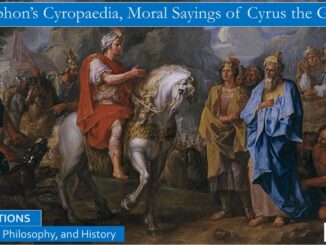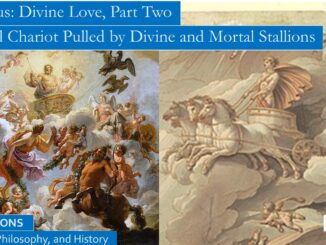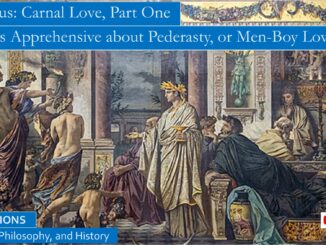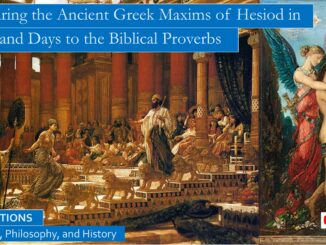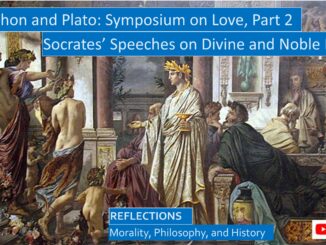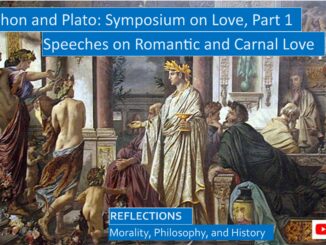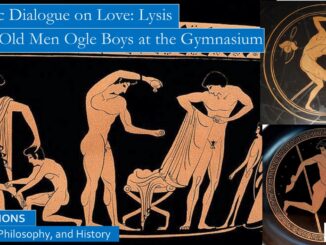
Lysis, Platonic Dialogue on Love and Friendship, Where Old Men Ogle Boys at the Gymnasium
SOCRATES asks whether “only good men can be friends with one another? Can true friendship exist between a bad man and either a good man or another bad man?” (214d) The response of St John of the Cross would likely be that friendship with a bad man will draw you further away from the Love of God, poisoning your soul, leading you away from salvation. Friendship with a good man leads you to love and compassion, friendship with a bad men leads you to hatred and cruelty. […]

